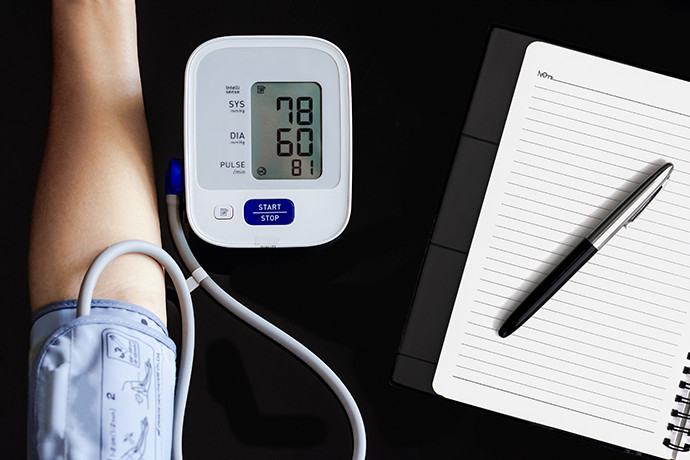When it comes to blood pressure¹, there are two terms that often come up: hypertension and hypotension. But what do these terms mean, and which is worse to have? Let's dive into the world of blood pressure and explore the differences between these two conditions.
What is Hypertension?
Hypertension, also known as high blood pressure, is a condition where the force of blood against the walls of the arteries is consistently too high. It is often referred to as the "silent killer" because it usually has no symptoms, but can lead to serious health complications if left untreated. Read more about hypertension here². Or read more about hypertension in children here³.
What is Hypotension?
On the other hand, hypotension, or low blood pressure, occurs when the force of blood against the artery walls is consistently too low. Unlike hypertension, hypotension can cause noticeable symptoms such as dizziness, fainting, and fatigue. Read more about hypotension here⁴.
Which is Worse?
Now, the question arises: which is worse to have, hypertension or hypotension? The answer is not as straightforward as it may seem. Both conditions have their own set of risks and complications.
Hypertension, if left untreated, can lead to serious health problems such as heart disease, stroke, kidney disease, and even death. It puts a strain on the heart and arteries, increasing the risk of heart attacks and other cardiovascular events. However, with proper management through lifestyle changes and medication, hypertension can be controlled effectively.
On the other hand, hypotension can also have its own set of complications. Severe hypotension can lead to inadequate blood flow to the organs, causing damage to vital organs like the brain, heart, and kidneys. It can result from underlying medical conditions, medication side effects, or dehydration. Treatment for hypotension involves addressing the underlying cause and, in some cases, using medications to raise blood pressure.
Conclusion
While both hypertension and hypotension have their own risks and complications, it is important to note that the severity of these conditions can vary from person to person. It is crucial to monitor blood pressure regularly and seek medical advice if you have concerns about your blood pressure levels.
Remember, this blog post is for informational purposes only and should not be considered medical advice. If you have any questions or concerns about your blood pressure, consult with a healthcare professional.

References:
1. What is Blood Pressure? | Cardiac X
2. The Facts About Hypertension | Cardiac X
3. What are the dangers of Hypertension in children? | Cardiac X

